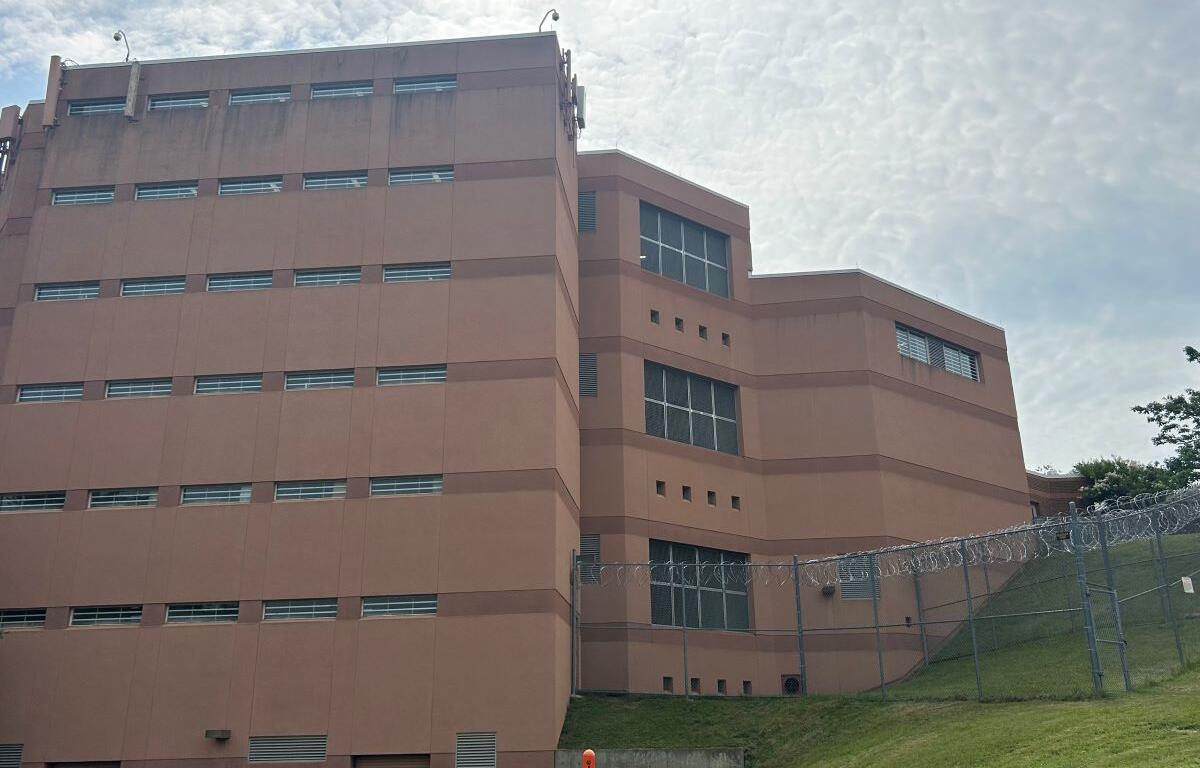CHARLOTTESVILLE, VA (CVILLE RIGHT NOW) The Charlottesville City Council gave the go-ahead for financing of a $49-million renovation project for the Albemarle-Charlottesville Regional Jail at its meeting Monday night.
The project needs the same approval Wednesday from the Albemarle Board of Supervisors and next week from the Nelson County Board of Supervisors.
Monday, by a 3-2 vote, the City Council approved the jail board participating in a bond sale that begins the week of July 21.
Mayor Juandiego Wade, vice mayor Brian Pinkston and council member Lloyd Snook voted to approve entering the bond offering. Council members Natalie Oschrin and Michael Payne voted against the motion.
The vote had originally been on the council’s agenda for its June 2 meeting, but when all five bids came in over budget, the scope of the project had to be reduced.
Jail superintendent Col. Martin Kumer told the council Monday that he has worked with contractor English Construction, the lowest bidder, to scale back the renovation to get it to come in with the existing budget.
Kumer told the council that “95% of the project is now finalized.”
“We think we meet most of the things that the community identified, the community-based correction plan identified, and my staff, and that we’ve been talking about now for five years” Kumer said during his presentation to the council. “Most of those things will be accomplished.”
Kumer said the project will focus on tearing the 50-year-old east wing of the jail and rebuilding it to meet current codes and be ADA accessible.
The new structure will have 65 single-occupancy, general population cells, two mental health units – with seven beds in each – four mental health offices, additional staff office space, a new lobby, three new recreation areas and it will double the size of visitation space, while making those areas more private.
What won’t happen? Kumer said bar grate won’t be removed from the eight cells in the middle portion of the jail, toilet and other mechanical upgrades in that middle portion came out of the plan and an upgrade to the facilities heating, ventilation and air conditioning system will be paid for out of the jail’s existing maintenance budget, something he said is made possible, in part, because the new building will require less maintenance funds in the next few years.
Kumer said the final construction plan must be approved by ACRJ board on July 10.
Kumer told the council that start date for the project would be Sept. 15 and the work would take two years from that date.
Pinkston – the council’s representative on the jail board – praised the work of Kumer, his staff and the contractor.
“I think the choices you’ve made seem like thoughtful, reasonable ones,” Pinkston said before the vote. “I think you’ve all done a good job of being nimble and responding to a very difficult pricing climate.”
Oschrin, one of the two who voted against the motion, disagreed.
“I’m still not convinced everything on this list is the most essential,” she said before the vote.
Snook, an attorney who said he’s spent a good deal of time in the jail visiting clients, acknowledged that public support for the project was split, before declaring he would vote for it.
“I have confidence in the board and the administration to spend our money wisely,” Snook said. “Granted people may disagree about whether we ought to be spending money on jails at all. We’re required to have a jail.”
Before Kumer spoke, Courtney Rogers of Davenport & Company gave a presentation walking the council through the financing of the project, including the bond offering.
Kumer and Pinkston noted the timing of the passage of the bond issue was crucial in order for the project to be part of an upcoming Virginia Resource Association summer bond offering.
Kumer said the English Construction bid would be good for 90 days and that, with the jail’s average daily population on the rise – currently close to 300 – waiting would mean not only additional costs but a disruption in service, since inmates would have to be moved to other parts of the jail or to other facilities.
Kumer said this project can be done without any such disruptions.



